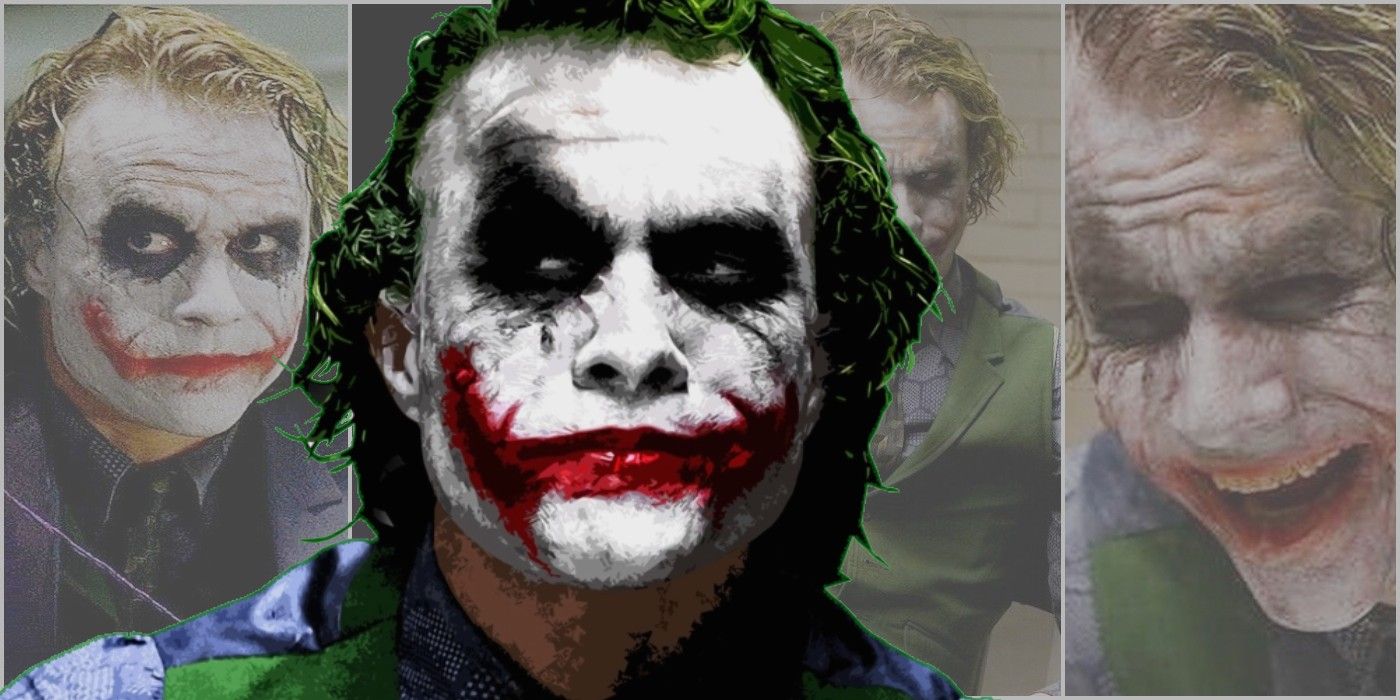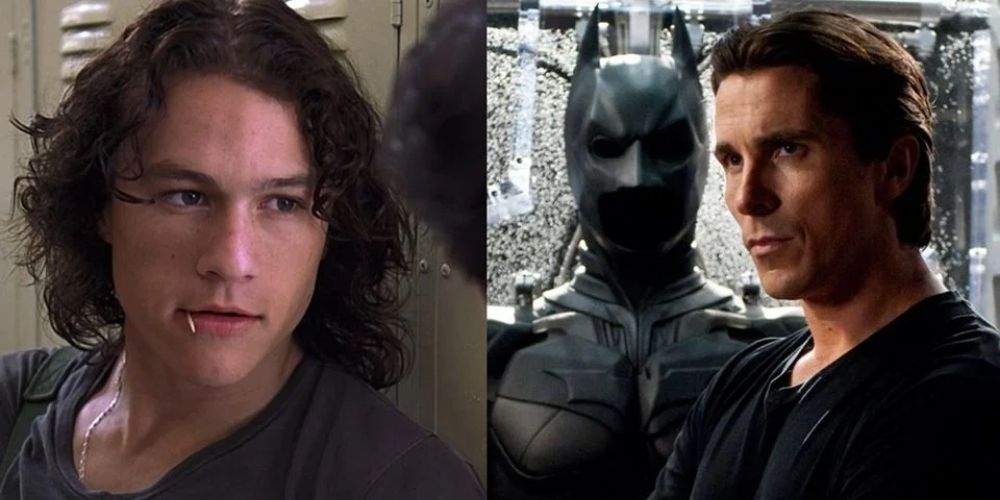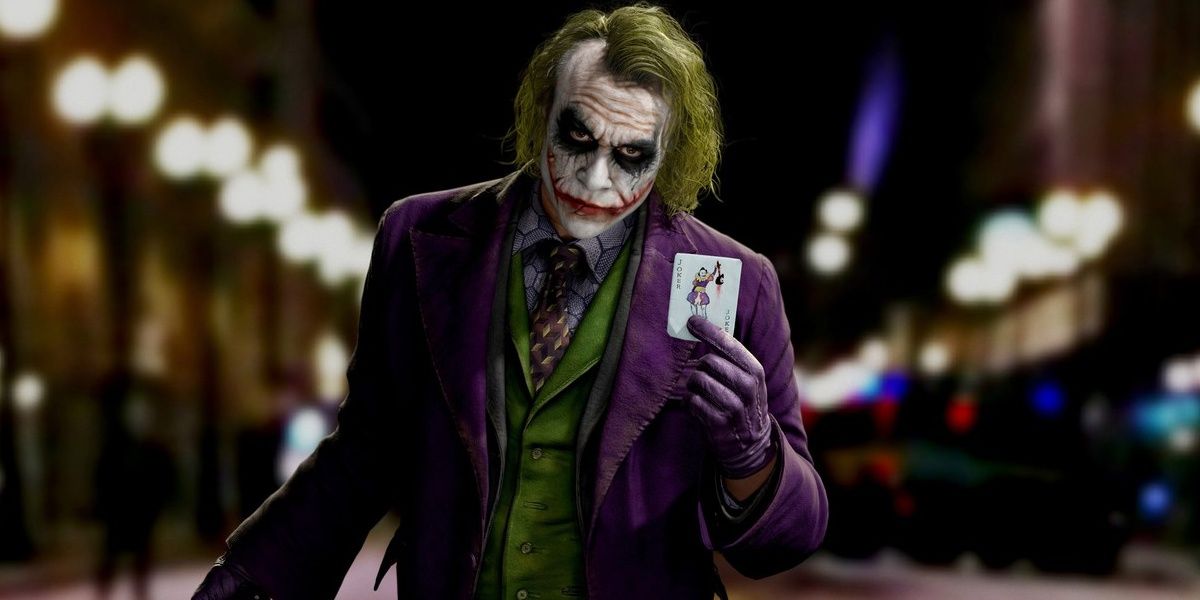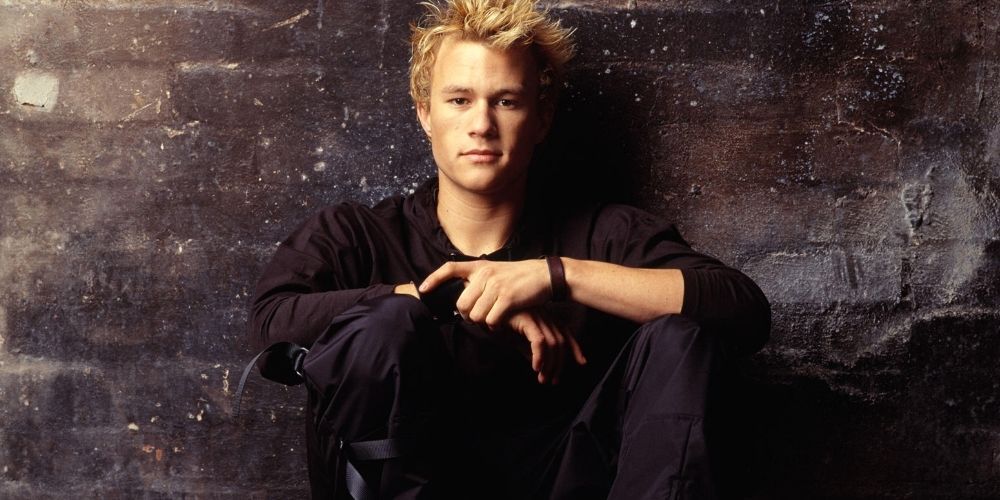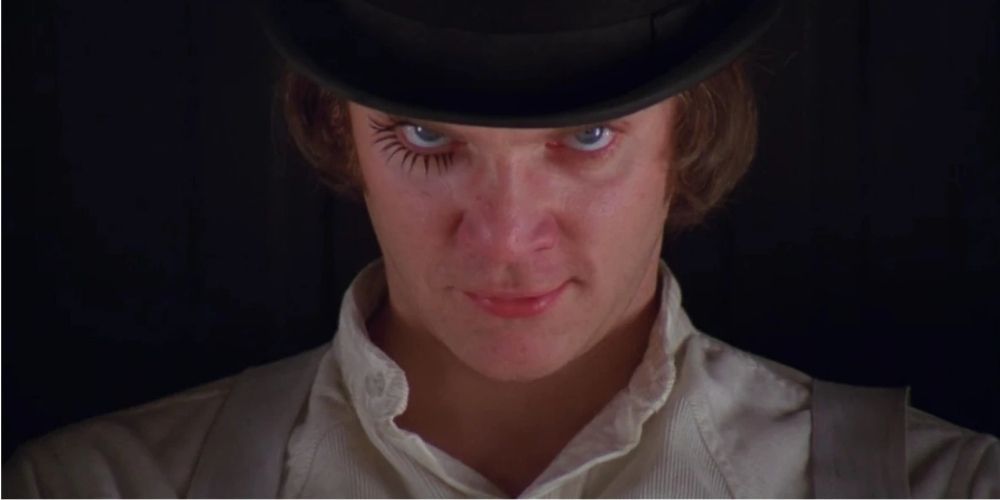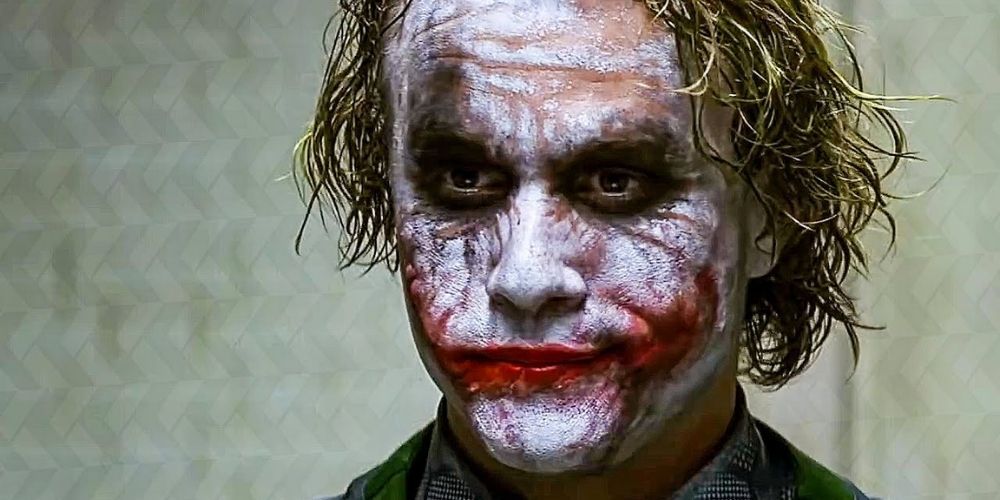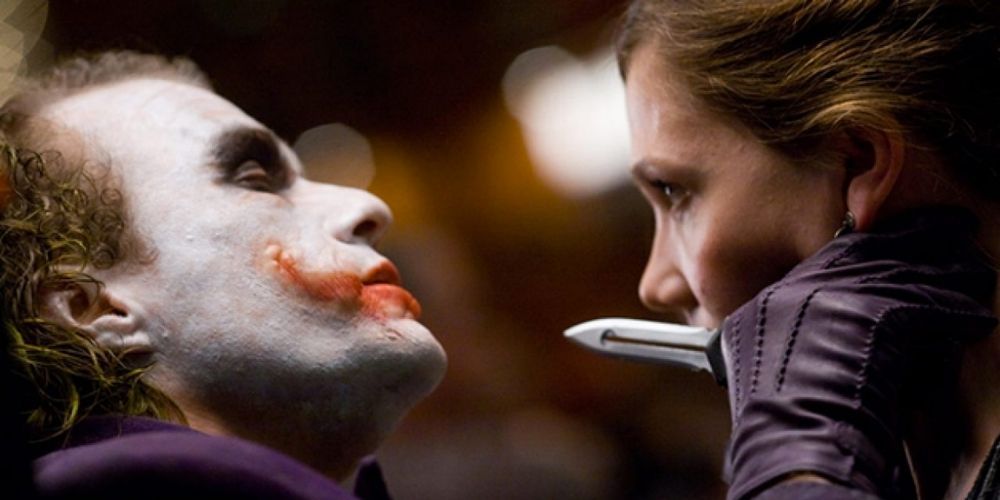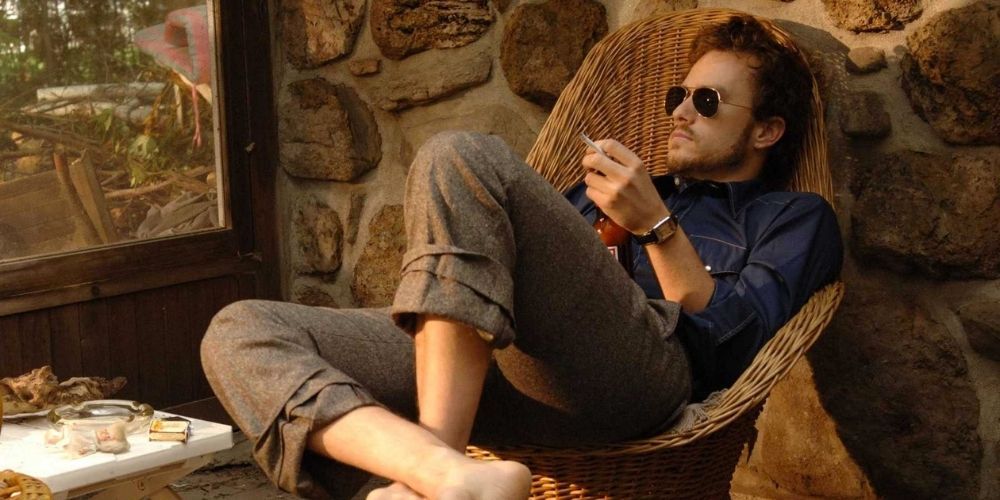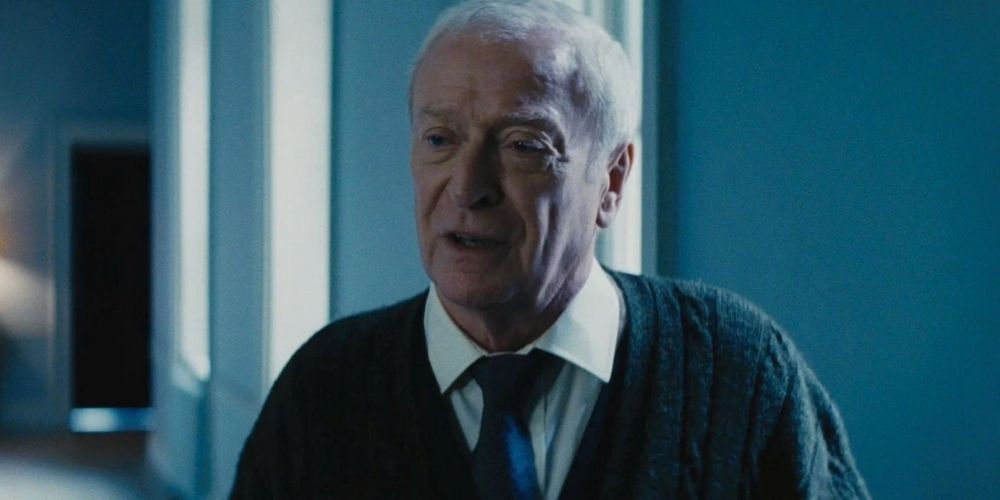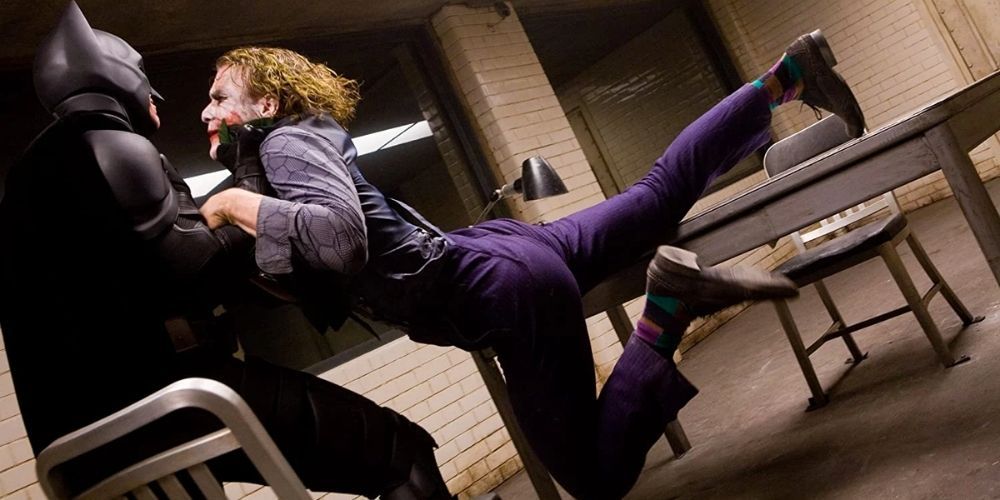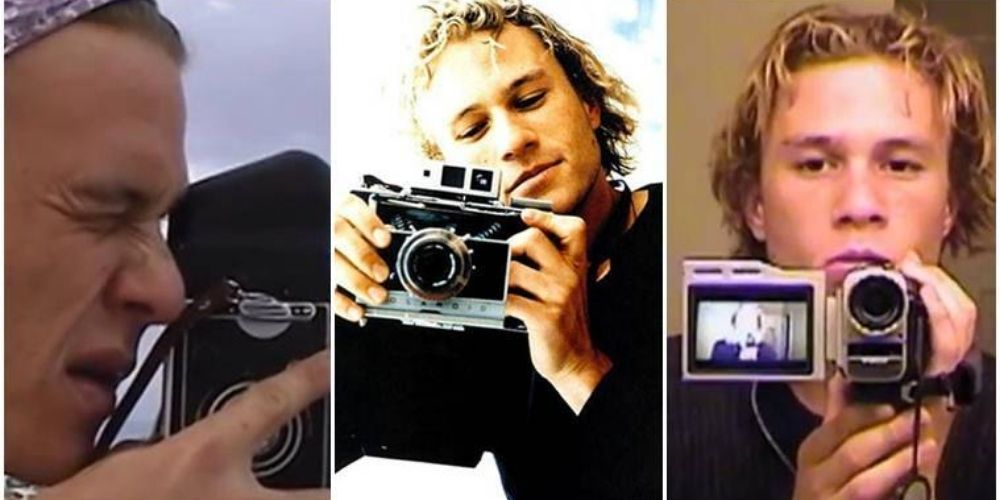The rivalry between Batman and Joker is unparalleled in the superhero genre, even prior to Christopher Nolan's revitalization of the franchise with 2005's Batman Begins. However, it would be Heath Ledger's portrayal of the Clown Prince of Crime in 2008's The Dark Knight that would elevate the Joker to new heights.
Infecting the streets of Gotham with his anarchical tendencies, Ledger's Joker effectively stole the show from Christian Bale's Batman. Unfortunately, Ledger's tragic passing would bar Nolan's plans for weaving him into any potential sequels. Given his brief time in the spotlight, fans can't help but wonder what led Ledger to his most prolific role.
10 He Originally Wanted To Play The Dark Knight
When Heath Ledger first got involved with Nolan's Dark Knight Trilogy, he was interested in the titular role of Batman. Competing with the likes of Henry Cavill and Jake Gyllenhaal for the role, Ledger eventually came to the conclusion that he wasn't the right fit.
If Ledger had doubts before, Batman Begins surely must've changed his perspective, as he quickly found himself back in talks with Nolan about taking on the ambitious role of the Joker. Although Nolan had yet to finish a script, Ledger's renewed interest ultimately led to him taking the part.
9 He Was The Only Actor To Be Offered The Role Of The Joker
With the ending of 2005's Batman Begins origin story teasing the imminent arrival of the Clown Prince of Crime, fans furiously speculated who Nolan's iteration of the Joker might be. There certainly wasn't a shortage of actors eyeing the role, names like Adrien Brody and Steve Carell pursued the opportunity to add supervillain to their resumes.
When Nolan went public with his decision to cast Ledger, however, the announcement was met with a great deal of criticism. Being a young heartthrob from films like 10 Things I Hate About You and Brokeback Mountain, it's easy to see where fans' criticism came from. Fortunately, Ledger proved everyone wrong and turned in the performance of a lifetime.
8 He's The Youngest Live-Action Joker To Date
One of the most notable criticisms of Ledger's initial casting was his age. Not only was he the youngest actor to portray the Joker, but he broke the Hollywood stereotype for antagonist typecasting (for the time). Ledger became one of the youngest stars to take on the role of a supervillain and set a new precedence for villains on the silver screen.
Ledger's haunting performance as the Joker cemented the belief that young actors were more than up to the task of playing major antagonists in blockbuster films. Young actors started rivaling established villain actors of the time like Willem Dafoe as Green Goblin or Ralph Fiennes as Lord Voldemort.
7 He Was Largely Inspired By A Clockwork Orange
Like all the greats that came before him, Ledger went into this role more than prepared. To help him, Ledger reached out to the actor who portrayed Tim Burton's iconic Joker: Jack Nicholson. While Nicholson was reportedly upset with Ledger taking on the role, Nicholson did reveal the two had a heart-to-heart about what it was like to be Batman's disturbed nemesis.
Ledger also received direction from Nolan. Gearing up to play a darker Joker than his predecessors, Ledger was directed to observe the mannerisms of Malcolm McDowell's Alex DeLarger in A Clockwork Orange, which provided the future Joker with ideas about his voice, laugh, and even overall character design.
6 Rumors Suggest Ledger Did His Own Make-Up
Ledger reportedly took the Joker's face paint into his own hands. The actor allegedly thought John Caglione Jr.'s designs for the Joker were too professional and clean-looking, instead opting for something more chaotic and messy. Ledger purportedly bought incredibly cheap make-up materials to evoke a sense of realism into the Joker.
Caglione, however, claims that Ledger didn't actually make his own face paint designs. Instead, Ledger offered extensive input with Nolan about creating the Joker's iconic run-down make-up. While Caglione wasn't entirely confident in his final product, his Oscar nomination likely put any of his doubts to rest.
5 Joker's Scars Are Based On The Glasgow Smile
Perhaps one of the most disturbing aspects of the Joker's design in Nolan's The Dark Knight is the extended scars that make his smile. The scars are based on the real-life Glasgow Smile, a practice where an individual makes a cut between the corners of the mouth to their ears to form scars that look like a smile.
Supposedly originating in Scotland in the 1920s or '30s, the disturbing act was thought to have found its way to the gangs of London. The Glasgow Smile came to The Dark Knight through prosthetics supervisor Conor O'Sullivan, who happened across an individual with scars and inquired about them. From there, the rest was history.
4 Ledger Did Not Stay In Character At All Times
Despite Ledger's method-like approach to the role of the Joker (where he even locked himself in a motel room for 43 days), Christian Bale revealed that Ledger didn't stay in character at all times. Ledger allowed himself a brief reprieve between takes to chat and joke with The Dark Knight's crew and cast members.
Ledger's make-up artist, Caglione, also claimed that Ledger would skateboard on set when he wasn't looking over his Joker journal to get back into character. Given his prior filmography and fellow cast members' testaments, it seems like Ledger was determined to be the antithesis of the character he was playing on set.
3 Ledger Made Michael Caine Forget His Lines
Given that Ledger reserved his Joker personality for when the cameras were rolling, it came as a surprise to his co-stars when he finally embraced his disturbing alter ego. This includes newcomer Maggie Gyllenhaal, who replaced Katie Holmes as Rachel Dawes, and veteran actor Michael Caine, who reprised his role as Alfred Pennyworth.
Caine even claims that he was so caught off-guard by Ledger's terrifying performance that he forgot his lines after the Joker and his goons made their grand entrance into Bruce Wayne's penthouse. Given how unsettling the Joker is on the silver screen, it's easy to see how Ledger's co-stars felt they were in over their heads.
2 Ledger Asked Christian Bale To Beat Him Up
Undoubtedly one of the most visceral scenes in 2008's The Dark Knight is the interrogation sequence between Bale's Batman and Ledger's Joker, which sees the pair come face-to-face. Despite being imprisoned, the Joker reveals his demented genius at having the upper hand, sending the Dark Knight into a frenzy.
The action feels real here because it is. Though Bale initially had reservations about beating Ledger up, Ledger eggs Bale on and he escalates the tension to Batman's breaking point. With reassurances from Nolan about the violence being choreographed, the fact that Ledger actually took the brunt of Bale's punches showed his dedication to the role.
1 Ledger Directed Some Scenes In The Movie
Perhaps one of the lesser-known aspects of Ledger's life before his passing was his aspirations to become a director. Some of those aspirations came to fruition in The Dark Knight. Having a few music videos under his belt, Nolan allowed Ledger to direct the two hostage videos where the Joker kidnaps some fake, eager vigilantes.
Ledger's reasoning for wanting to direct these moments was to ensure they were authentic to the perspective of the Joker. It also provided Ledger the chance to build his directing resume so he could one day make his feature film directorial debut with The Queen's Gambit, a novel that Netflix eventually adapted into a limited series in 2020.

